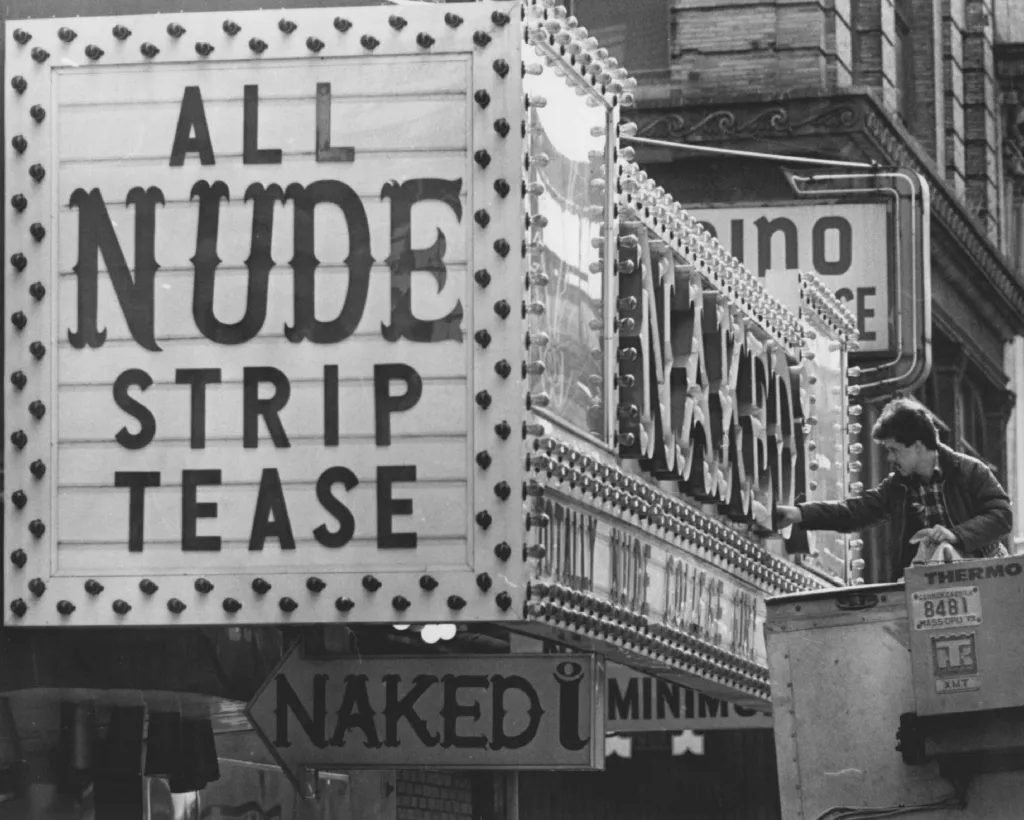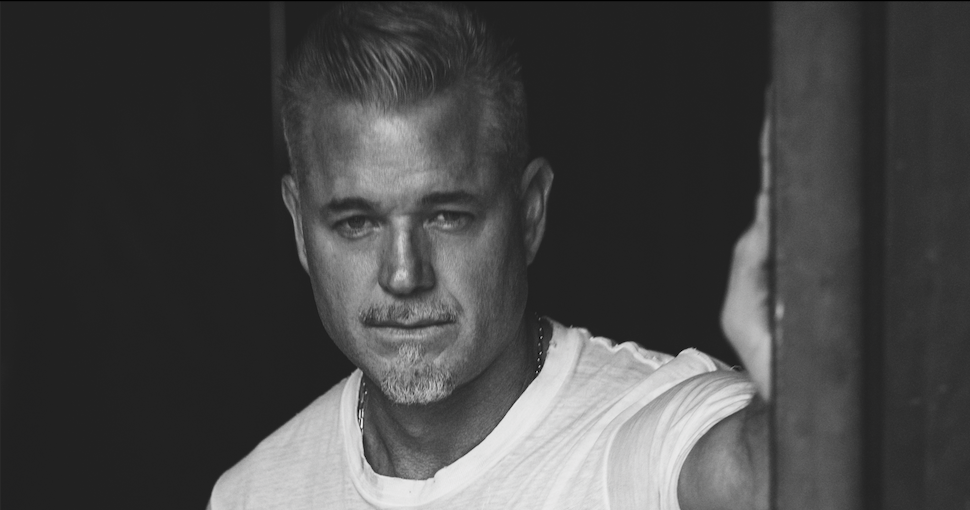Copyright The Boston Herald

Boston City Councilor Ed Flynn is pushing for a more thorough vetting process for strip clubs, peep shows, and other adult entertainment venues seeking to operate in the downtown and Chinatown, a seedy area formerly known as the “Combat Zone.” Still heated from what he calls an inadequate review process for a change in use proposed last summer that would convert a five-story commercial property in the downtown area to a strip club, Flynn proposed a zoning change Wednesday that would make adult entertainment venues a “conditional” rather than “allowed use.” The zoning change would apply to venues seeking to operate in Chinatown, the downtown and Bay Village. While “allowed uses” are projects that don’t require relief from the Zoning Board of Appeals, those that are “conditional” do and need to go through a review process and public hearing to obtain a permit. “It’s critical … that the people of Chinatown and communities of color, the residents of downtown Boston and Bay Village be treated with respect, that they receive a thorough vetting process and a voice in what takes place in their community,” Flynn said at the day’s City Council meeting. Flynn referenced the notorious “Combat Zone” that earned its name in the 1960s for housing a number of strip clubs, peep shows, and X-rated stores, along with featuring prostitution in the area of Chinatown and downtown. The seedy area primarily included Washington Street, Boylston Street and Kneeland Street, but was largely disbanded after a crackdown by Flynn’s father and former Mayor Ray Flynn’s administration in the early 1990s. Today, only a few adult entertainment venues remain in the area. The two remaining Combat Zone strip clubs caught attention this past June, when a proposed change in use that would move one of those fully-nude clubs from Lagrange Street in the Theater District to a more prominent downtown location on Stuart Street came before the Zoning Board of Appeals. Flynn wrote a letter to the ZBA at the time that stated his opposition to what he said would be a “major change of use on one of the busiest blocks between Chinatown and Downtown.” He cited neighborhood concerns with traffic, parking, loud crowds, and “nuisances late into the evening.” Under current zoning, Flynn said Wednesday, proponents for adult entertainment venues are “not required to undergo a full community process” by seeking relief from the zoning board, other than for a groundwater conservation overlay district. “That is what happened in June,” Flynn said. “Only the groundwater issue was discussed, no other public meeting, no public testimony, with only licensing issues to follow. Moving forward, we need to ensure that residents have a voice in a thorough community process.” Flynn’s proposed zoning change generated some pushback from other councilors on Wednesday. Councilor Gabriela Coletta Zapata cautioned against a change that may be used to belittle strippers, sex workers and others in the adult entertainment industry. “We need to be careful not to perpetuate outdated narratives of misogyny, that this type of work is negative or that it brings crime, because the verdict is still out on that,” Coletta Zapata said. “We all support public process and community process, and again (I) really look forward to how the zoning amendment may impact that. “I just want to be careful not to weaponize the zoning code to police or make others feel less than for their chosen profession, which can be very empowering and provide autonomy for folks who need it,” she added. Councilor Sharon Durkan said the approval of a downtown zoning plan earlier in the day by the Zoning Board of Appeals effectively removed the adult entertainment district from Chinatown and confined it to a small area of downtown where there are existing uses. “For me, I really think that any zoning or text amendments, specifically if we’ve just rezoned an entire area, should be done thoughtfully,” Durkan said. Flynn took issue with assertions from Coletta Zapata that his zoning change would “weaponize” the matter, saying that he was advocating for his constituents. “I went to high school when the Combat Zone had 22, 23 places open,” Flynn said. “I know the area as well as anybody but my constituents have said to me, they want to ensure Chinatown doesn’t go backwards, downtown doesn’t go backwards or the Bay Village. They want a say in the process.” Flynn’s proposal was referred to the Committee on Planning, Development and Transportation for further discussion. Only his fellow moderate Councilors Erin Murphy and John FitzGerald signed onto the zoning change.



